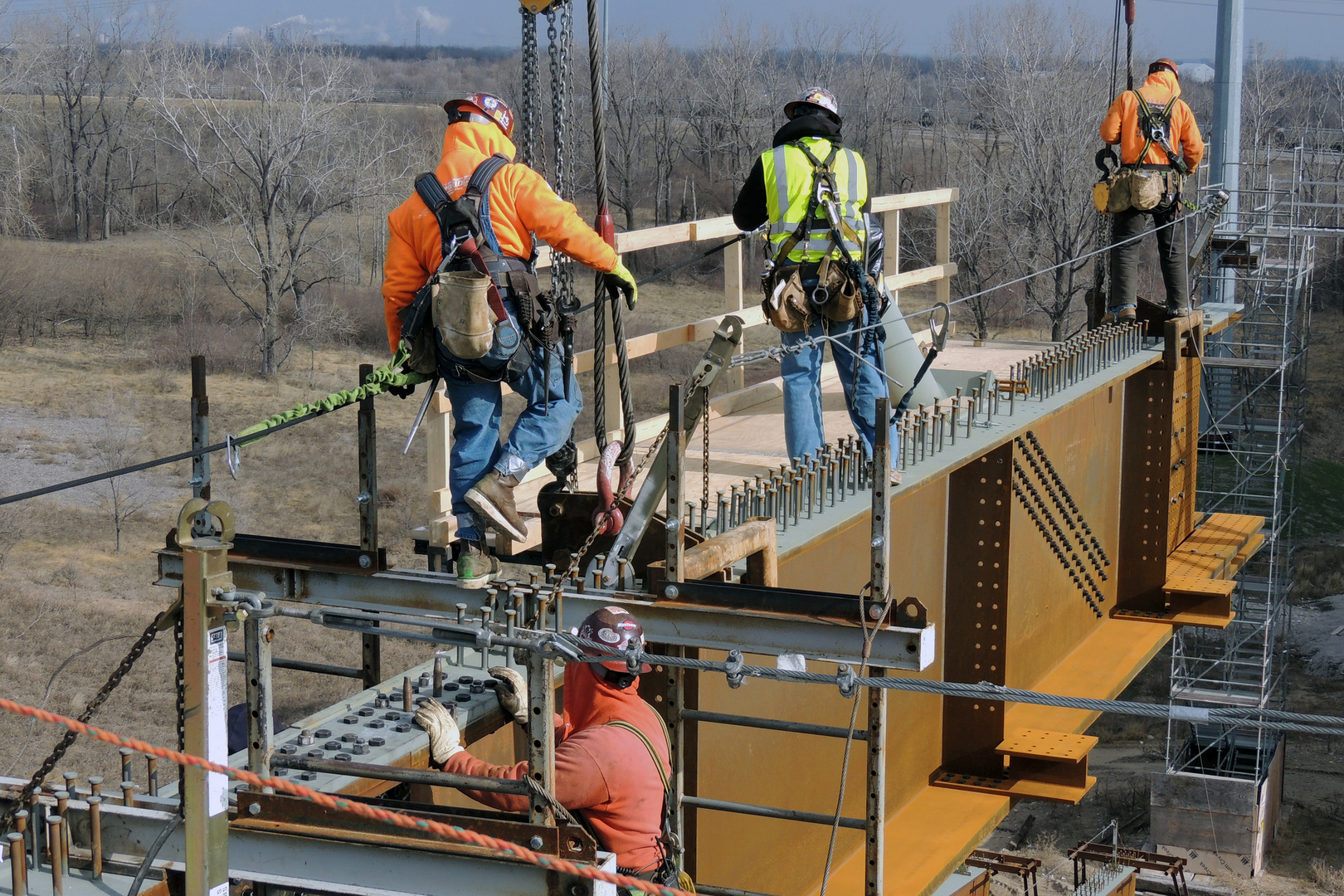



Skilled trades are crucial to the economic health of local communities. They not only provide essential services but also stimulate economic development by offering stable jobs and supporting local businesses. This blog explores how skilled trades contribute to the financial well-being of regions and suggests ways to enhance their impact.
The Backbone of the Economy: Skilled Trades
Skilled tradespeople—from electricians and plumbers to carpenters and welders—form the backbone of the local economy. Their work is essential in maintaining the infrastructure of communities and enabling other industries to flourish. By ensuring that everything from homes to factories operates smoothly, these tradespeople help stabilize and grow the local economy.
Job Creation Through Skilled Trades
One of the most direct impacts of skilled trades on the economy is job creation. These jobs often require specific skills and certifications, which means they are less susceptible to automation and outsourcing. This job stability is crucial for economic growth and community development. Furthermore, as these trades are necessary across various sectors, from construction to manufacturing, they ensure widespread employment opportunities.
Economic Benefits of Investing in Skilled Trades
Investing in skilled trades can lead to significant economic benefits for local economies. For instance, construction projects not only provide jobs but also improve infrastructure, which can attract more businesses to the area. Moreover, skilled tradespeople often source materials locally, further supporting regional suppliers and businesses.
Analysis of Regional Benefits
Different regions experience varying benefits from skilled trades depending on their industrial focus. For example, areas with a high concentration of manufacturing may benefit greatly from machinists and welders, while regions focusing on tourism might see more impact from trades involved in maintaining and improving hospitality facilities.
Supporting and Expanding Trade Skills Locally
To maximize the benefits of skilled trades, communities need to invest in training and education programs that can equip residents with the necessary skills. Partnerships between local governments, educational institutions, and businesses can facilitate this. Apprenticeships and vocational training programs not only prepare individuals for immediate job opportunities but also help sustain the economic health of communities.
Conclusion
The skilled trades are vital to the economic prosperity of local economies. By creating stable, well-paying jobs and fostering economic activity, they play a crucial role in community development. To enhance their impact, it is essential to support and expand trade skills through targeted educational programs and community initiatives. Investing in skilled trades is not just about filling jobs—it's about building resilient economies and vibrant communities.